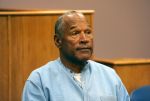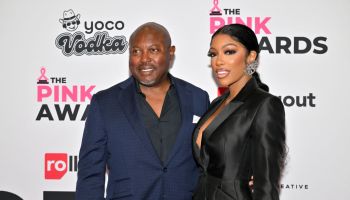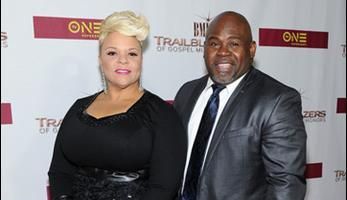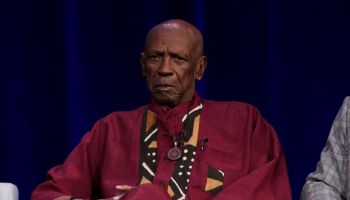“There’s uneven quality in K-through-12 education,” said the ACP’s Riley. “We have to improve public education, and make sure we expose young men and women to the notion that they too can become medical professionals and participate in a wonderful life serving others in a health care setting.”
Cost is another factor. “Medical school is ridiculously expensive,” MGH’s Riley said. “I think we need to be sure it isn’t something that takes people off the path.”
More scholarships and financial assistance would help, but Nivet added that students also can be encouraged by people who provide a broader perspective on that cost.
“For low-income students, the idea that you could have $200,000 in college debt causes some to weed themselves out of the process,” Nivet said. “The only way they’ll stay in is if they have good counselors or role models that tell them that it’s a solid investment in their future, and that the return on that investment will be extremely high.”
Diversity also could be helped by more people of color reaching higher levels of responsibility, MGH’s Riley said.
“I am energized and excited by the number of people in the pipeline, but I am discouraged by the number of people who make it to the top,” she said. “Within medical schools, deans and department chairs need to look at their faculty and advance people who deserve to be advanced.”
ACP’s Riley noted that he is only the third black president that the American College of Physicians has had in its 100-year history.
“I don’t want to be an aberration in the history of the American College of Physicians,” he said. “We need more physicians to follow in my footsteps. I worry it may be many, many years before someone like me rises to a leadership position.”
Copyright HealthDay News August 2015. All rights reserved.
With A Shortage Of Black Doctors, Who Will Care For Black People? was originally published on blackdoctor.org















